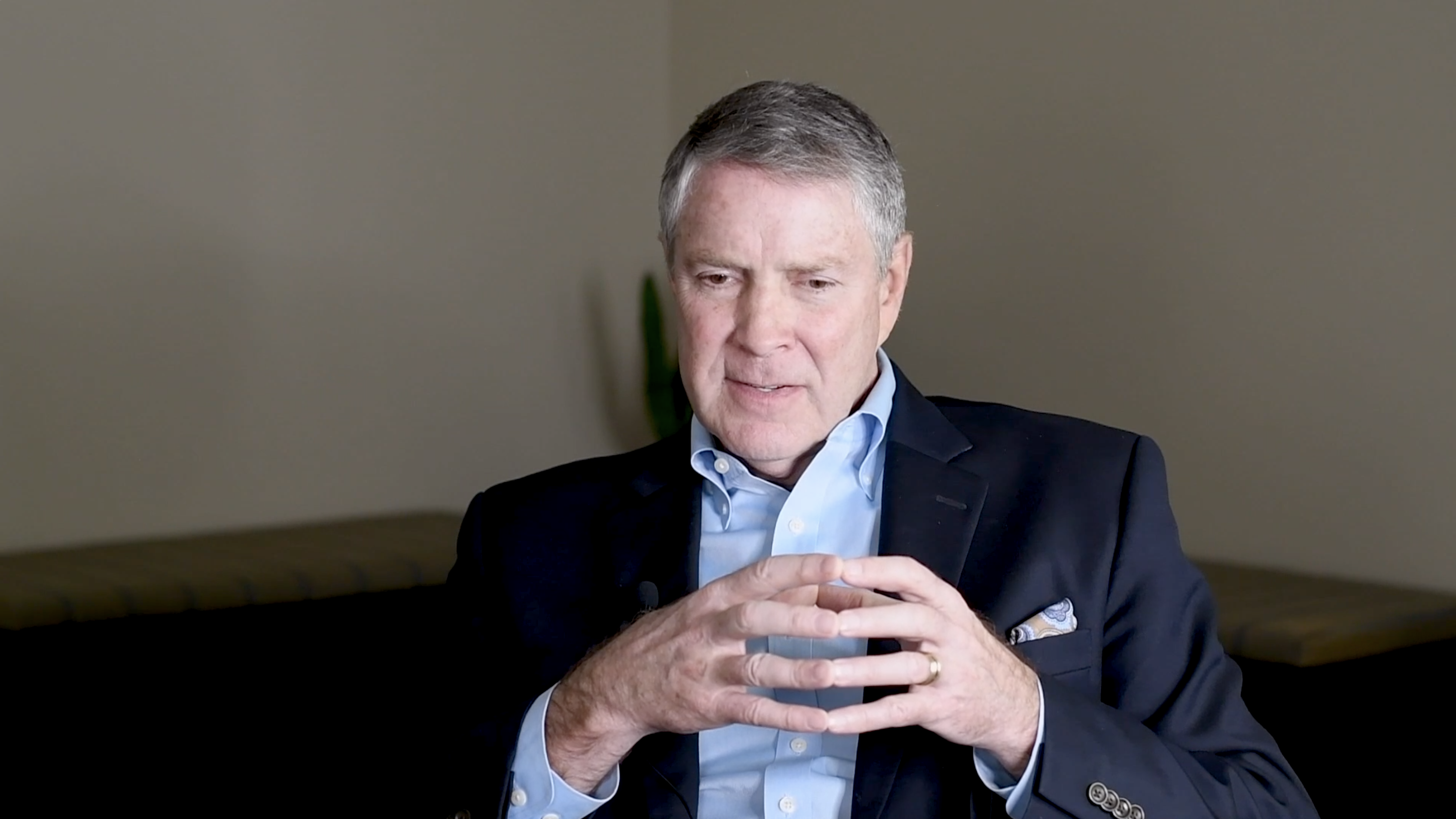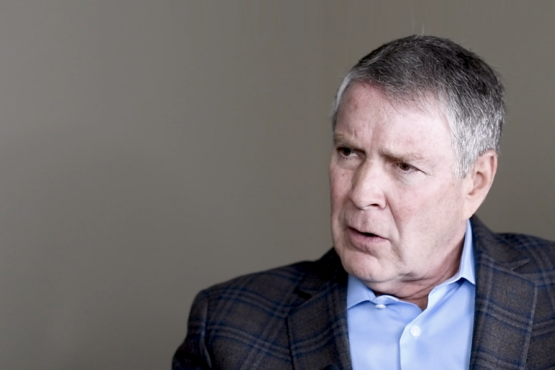In April 2003, a delegation of U.S. senators led by then-U.S. Senate Majority Leader Dr. Bill Frist arrived in Beijing and checked into a 700-room hotel.
The high-powered group of eight lawmakers didn’t need reservations, however — they were the only guests.
“It was a ghost town,” Frist said. “China is [typically] packed. … Everything was shut down. There were no bicycles on the streets, there were no cars on the streets, there were no people on the streets. … And that was a good thing; that’s what you want.”
That’s because the city’s population was largely quarantined. The lawmakers were visiting at the height of China’s SARS outbreak, an epidemic that eventually spread to more than two dozen countries and killed nearly 800 people before it was largely stamped out months later.
Listen to this Special Episode: Coronavirus With Dr. Tom Frieden
On this special episode covering the 2019 novel coronavirus, now known as COVID19 – we are joined by Dr. Tom Frieden, Director of the Centers for Disease Control and Prevention from 2009 – 2017. This is a rapidly evolving crisis and emerging pandemic, changing minute by minute.
Frist’s encounter with SARS is one of several the Nashville doctor and businessman had with outbreaks during his 12-year career as a lawmaker that makes him uniquely qualified to address COVID-19, the flu-like disease better known as the coronavirus.
As the only physician in the Senate, Frist was inoculated and trained on how to administer the smallpox vaccine in the event of a terrorist attack in the wake of 9/11. He was Congress’ chief spokesperson during the 2001 anthrax attacks, and he privately counseled colleagues on anthrax testing and treatment decisions — prompting one Missouri Democrat to tell The Baltimore Sun she planned to write Frist a note “telling him just how reassuring he has been.



